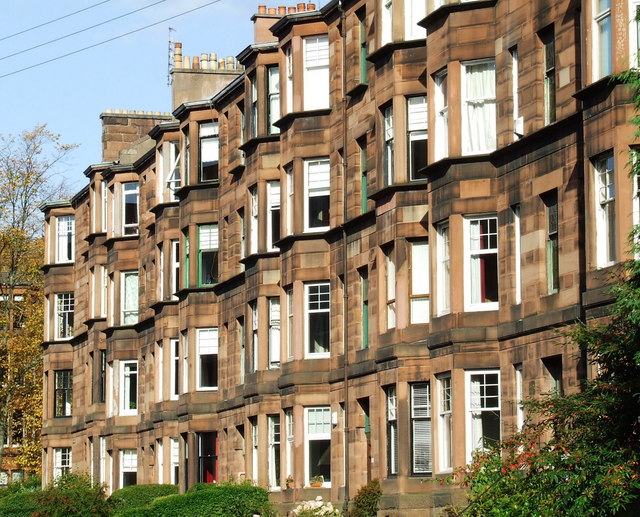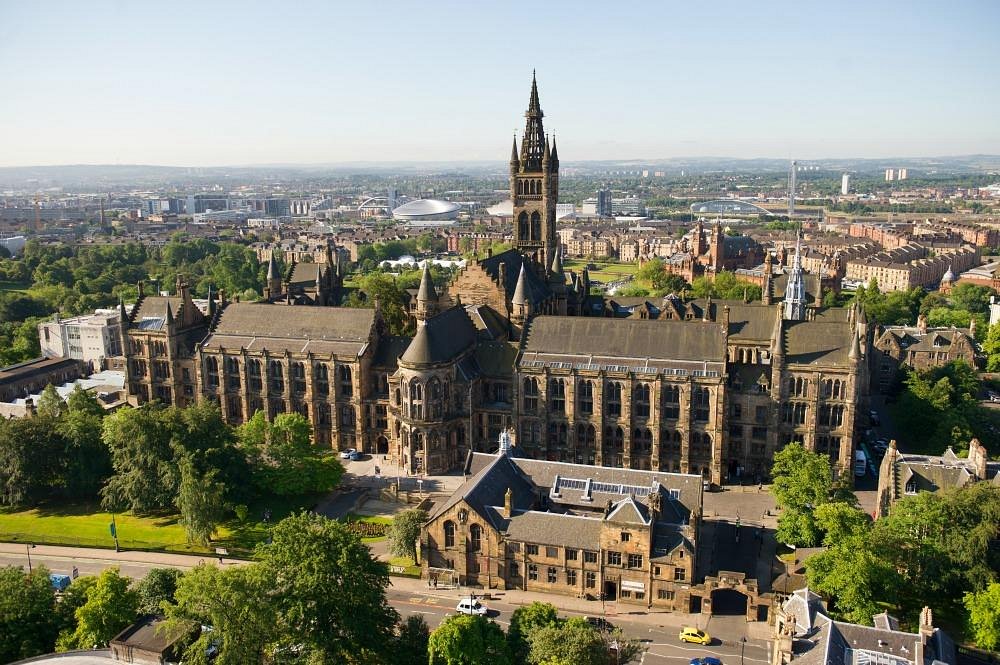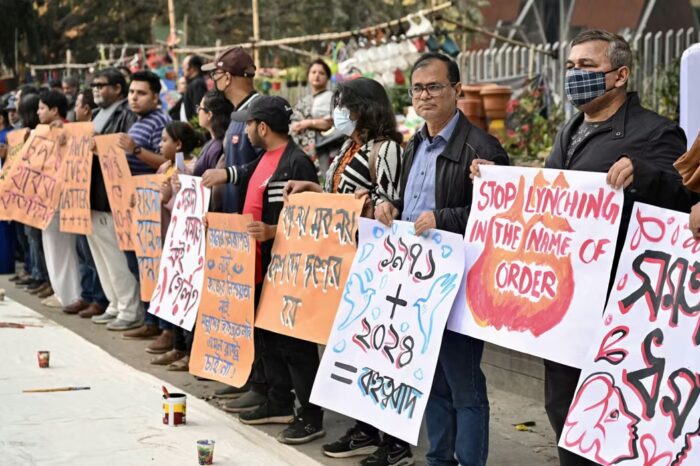
Scotland saw one of its worst housing crises last year when several university students were deemed homeless due to the lack of decent accommodation across major cities. Having travelled miles away from their home countries, many were looking forward to experiencing life in the country well-known for its modern facilities, safety, inclusivity and world class education. However, this turned into a nightmare for university freshers and continues to be a major problem that councils and universities need to address together.
New figures have revealed that around 10,000 students were unable to secure university accommodation in the last two years in Scotland.
Freedom of information requests submitted by Scottish Liberal Democrats have revealed that, at the 13 universities who provided figures:
- In 2020/21, 43,029 applied for accommodation with 32,590 getting places.
- In 2021/22, 46,351 applied for accommodation with 36,208 getting places.
- The number of students relying on temporary university accommodation rose from 647 in 2020/21 to 1,590 in 2021/22.
- As of 3 November 2022, the number of students on waiting lists for accommodation was 991.
- The furthest from campus that a student was allocated accommodation was 28 miles for a student at the University of Glasgow.
Aspiring students dreaming of receiving a quality education at some of the world’s top universities with the added benefit of being able to experience Scotland’s unique culture and picturesque landscapes are still struggling to find suitable accommodations, which has made them feel discouraged as they fear not having a roof over their head.
Several student housing scandals have come to light in the recent years. Reports have mentioned that due to a shortage of available housing options for undergraduates, both the private rental sector and student accommodations in Edinburgh were unable to meet the demand in October last year. This lead those studying at elite universities like the Edinburgh University being compelled to reside in common room bunk beds.
Glasgow University was reported to have suggested that its students either “suspend” their studies or “withdraw” from the university if they were unable to secure accommodation in time to commence their studies, which drew a lot of criticism for the lack of consideration of the efforts they put to secure an admission at these universities.
A significant number of individuals studying at St Andrews University were assigned accommodations in Dundee, a neighbouring city located more than 14 miles away.
In a statement released by the Scottish Liberal Democrats in January, 2023, the education spokesperson for the party, Willie Rennie, said, “Missing out on student accommodation can mean missing out on the opportunity to immerse yourself in a new city, make friends and make the most of the opportunities which comes with university life.
“There must be no repeat of the chaotic scenes that we saw in the autumn where pupils were forced to cram into hastily assembled dormitories or having to commute long distances.
“The Scottish Government knew that there would be a surge in part as a result of the higher Covid qualifications pass rate but did little to deal with the shortage of accommodation across the country.
“The SNP Government has also failed to address some of the negative consequences of its housing legislation from recent years and it is students who have paid the price through the lack of adequate housing even though they have a place at university. Ministers and universities must put their heads together and come up with a new plan before another academic year rolls around”.
Many students opt to stay at purpose built student accommodations (PBSAs) which have also been deemed unfit for students to live in. According to National Union of Students (NUS) Scotland, purpose-built student accommodation remains “unfit for purpose”.
A report by NUS Scotland also investigated the Scottish student housing system after the crisis made headlines. It found that many who couldn’t find a place in university halls were being forced to live in unsafe and unfinished buildings with little access to water. Those who could not find any decent accommodation had to stay in hostels or sleep on their friends’ couches.
The report added that students have been facing greater difficulty finding housing since the outbreak of Covid-19. This is due to several factors such as increased student intakes at universities, a shrinking shared house market, and being priced out of cities.
Earlier this year, the Scottish Government announced it was suspending the student rent cap earlier this year.
After the announcement, Ellie Gomersal, the union’s president, said the government could not “afford to continue on its path of inaction”.
She added, “It must quickly reinstate the rent freeze and make it so that students have the same rights as other members of society to leave unsuitable tenancies and to be protected from unfair evictions.
The union, in January 2023, released a housing strategy report in which it urged for a number of modifications to the student housing system and demanded the return of the rent freeze until a “fair renting” system that is more sustainable is established.

According to the Scottish Government’s website, a temporary pause on evictions for students in college and university halls, as well as purpose built student accommodations is still in place, but the rent cap remains revoked. It also suggests that those struggling to pay their rent can apply to a ‘Discretionary Fund’ that is available to every college and university. It is up to the university to then decide who receives the fund and how much they are paid.
Despite several university students across Scotland suffering from the same ordeal, it was the disaster that unfolded at the University of Glasgow that drew everyone’s attention towards just how serious the issue is.
Sujith Reddy, a former international student at the University of Strathclyde said that he was fortunate enough to find an accommodation for himself as he saw others struggle. He opted to stay in a PBSA in Glasgow’s City Centre but due to the high demand last year, he was forced to pay 40 per cent higher rent than the others from the previous cohort.
Another international student, Rahul Viswanathan, who recently graduated from the University of Strathclyde recalled that some of his friends received a disheartening message from their university. He said, “There were a lot of people who were accepted for masters study, but the University (of Glasgow) was saying that if you don’t get an accommodation, then don’t even bother coming to the UK.”
He added that he spoke to students who had to commute from other cities or resort to staying at an Airbnb which meant that they had to spend a lot more money than what they usually would.
Viswanathan, who was staying at a PBSA at that time, admitted that despite staying in a small room meant for only one person, he agreed to let some of his friends stay over with him as they had no other place to go. This was tough for him as he says, “Not everyone wants to give their couches as they lose their own privacy as well. For a few days it’s okay, but when you have such a crisis, then you really have to put up with the people.”
“I was lucky to have an accommodation. Because I mean, when you’re coming to university, you always assume that you will get a place to stay,” he remarks.
Viswanathan also pointed out that from his perspective, the university did everything it could to help the students who desperately needed accommodation and adds, “I don’t think we can blame the university when there is an accommodation crisis going on across the country.”
Cooper Cromar, an architectural practice that specialises in designing and constructing educational facilities, in March 2023, released figures indicating that Glasgow’s universities are currently home to 77,640 domestic students and 25,735 international students who are enrolled in full-time courses. The same report notes that the number of students in the city has risen by 12.3 per cent since 2017.
This increase in the numbers has prompted many developers in Glasgow to issue a warning that given the lack of purpose-built accommodation, many students will struggle to find proper housing again.
President of the University of Glasgow Students’ Representative Council, Rinna Väre told the BBC last year, “The rapid increase in numbers over the last few years has put students in unsuitable housing conditions, made it difficult for them to access wellbeing resources they need, and negatively impacted the quality of learning and teaching.”

The University of Glasgow stopped conducting remote lectures which meant that students had to travel from cities miles away like Edinburgh, Dundee, Greenock, Helensburgh, Fife, and Perth. At least 70 students thereafter came forward to seek help for homelessness and lodged a formal complaint against the university for poorly handling the issue.
The complaint read: “We have heard from one woman who is staying in a hostel room with 13 other people, most of whom are older males; several other students are paying £1200 a month for accommodation; and a group of students are staying in a flat in extremely dangerous conditions with a threatening landlord but cannot risk moving out due to the unlikelihood of finding a new flat.
“We have been in touch with several international students in very precarious situations, one is currently stuck in China as the University has been unable to provide them accommodation, but they are arriving on the 8th of October (2022) with nowhere to go.”
Glasgow University then took action and placed these helpless students in hotels as a temporary measure to handle an emergency situation; but they were told to find a separate accommodation soon.
Despite this, after the rent cap was removed by the government earlier this year, the university has recently proposed a 9.5 per cent rent hike on its student accommodation which caused the Students’ Representative Council (SRC) to issue an open letter stating that the senior management had failed to consult them properly, claiming it was first told about the plans in January, according to the BBC.
A spokesman for the University of Glasgow explained, “A proposed increase in rent is below the rate of inflation, as it has been for five consecutive years.
“The university is always seeking to improve the accommodation it provides and a rent increase is required to allow for continued maintenance and refurbishment of rooms as well as increased staffing costs.”
The potential solutions that have been suggested to universities include collecting and publishing more data on where their students live and to provide better information to prospective students; collaboration of the local councils with universities to develop a robust strategy to find a solution to the issue; and urging universities to use their funds to revive and develop some of their own housing.
According to Glasgow Evening Times, plans are already underway to meet the city’s housing demands as a new housing strategy is being developed by the Glasgow City Council over the next year. This is also the perfect opportunity for student groups to have a say and make a positive impact in the development of plans that address the housing requirements of the city.
However, the question persists as to how many more students will have to endure such challenging circumstances before improvements are implemented and new housing facilities are sanctioned and finished.








